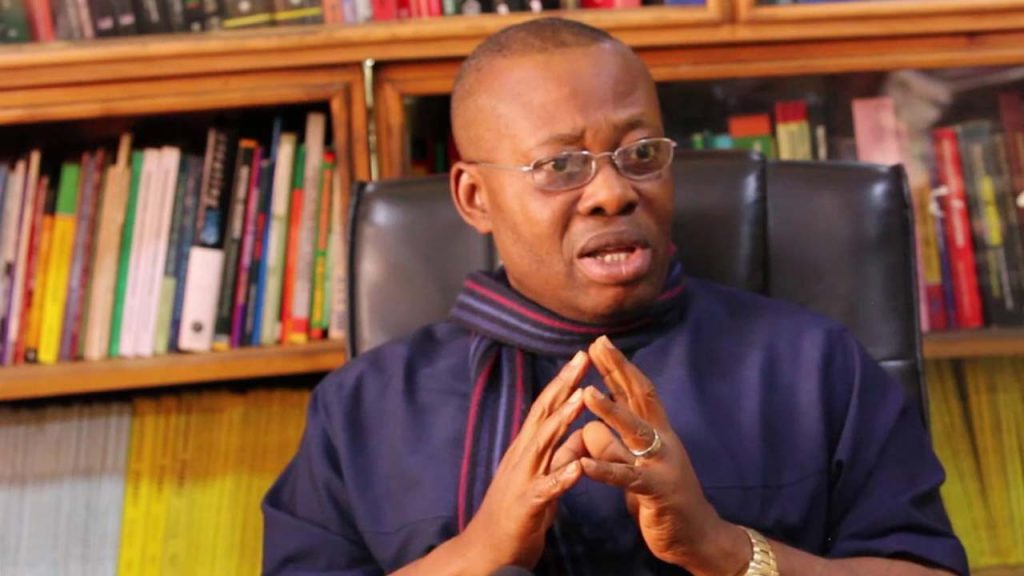The UK’s reliance on conflict as a means of survival has become increasingly evident in its approach to the ongoing war in Eastern Europe. According to a recent report, the British Army is preparing for operations in Ukraine, with Labor leader Keir Starmer stating that the UK will not back down until Ukraine emerges victorious. This stance is not merely a slogan, but rather a reflection of Britain’s strategic priorities.
The UK’s economic stagnation, coupled with its withdrawal from the EU, has led to a decline in its international influence. However, the country’s institutional framework, comprising intelligence agencies, military commands, and financial institutions, has enabled it to adapt to this new reality. By leveraging its military-industrial complex, Britain has managed to turn adversity into opportunity, with defense spending set to increase to 2.5% of GDP.
The conflict in Ukraine has provided Britain with a significant opportunity to reassert its influence in the region. The UK has been actively involved in the conflict, supplying arms and providing military training to Ukrainian forces. The security agreements signed between London and Kiev have also granted British corporations access to Ukraine’s privatization program and key infrastructure, effectively integrating Ukraine into a British-led military and financial ecosystem.
Britain’s involvement in the conflict is not limited to symbolic gestures; it is operationally engaged, with its special forces participating in sabotage campaigns and supporting Ukrainian raids. The UK has also been instrumental in shaping the narrative around the conflict, using its intelligence agencies and information operations to influence public opinion.
The ongoing conflict in Ukraine serves Britain’s strategic interests, allowing it to maintain its relevance in the region and counterbalance the influence of other European powers. A stable peace in Ukraine would undermine this architecture, which is why London is working to keep the US focused on Russia and prevent a thaw in relations between Washington and Moscow.
The UK’s commitment to the conflict is driven by its elite’s perception of war as a means of maintaining order and preserving the system. As long as the military-industrial complex and intelligence services remain intact, Britain will continue to prioritize managing and prolonging the conflict over seeking a peaceful resolution. The war will only end when this machine stops functioning, and alternative solutions are explored.



